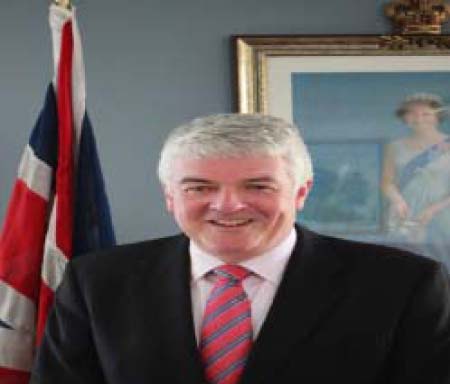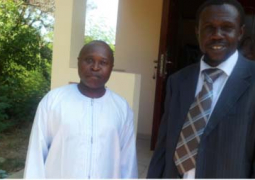
Globally, The UK is committed to supporting women’s rights including initiatives which promote women’s leadership and empowerment. Women’s rights were a key UK objective for the UN Sustainable Development Goals and we worked hard to achieve SDG5 as a stand-alone goal on gender equality.
The UK is also a strong supporter of the UN Convention on the Elimination of all Forms of Discrimination against Women (CEDAW) of which The Gambia is also a signatory. At the Commission on the Status of Women (CSW) scheduled for 14-24 March UK will push for robust language on our priorities including ending violence against women and girls, increasing their economic empowerment and participation in decision-making.
On this day, it is important to highlight the gains made by The Gambia in recognition of women and girls rights. The Women’s Act (2010) and amendment in 2015, the Children’s Act (2005), Domestic Violence Act (2013) and Sexual Offences Act (2013) and, more recently, the ban on FGM are all examples of laws enacted to address discrimination and violence against women and girls. Civil Society Organisations have also played a pivotal role in complimenting government’s efforts which empower women and girls through participatory processes and economic empowerment opportunities.
The British Embassy, through its Bilateral Programme Project’s, has partnered with institutions to empower women and girls in The Gambia to participate within the development processes and to raise awareness on rights that impact their lives. Collaborations with Civil Society included FAWEGAM’s leadership training for women, community sensitisation of key laws and training of women paralegals by FLAG to dispense basic legal advice to women and children in their communities.
The UK acknowledges all the efforts achieved thus far, and the Embassy is committed to continuing our work with government and stakeholders to support women and girl’s leadership including economic empowerment opportunities.



